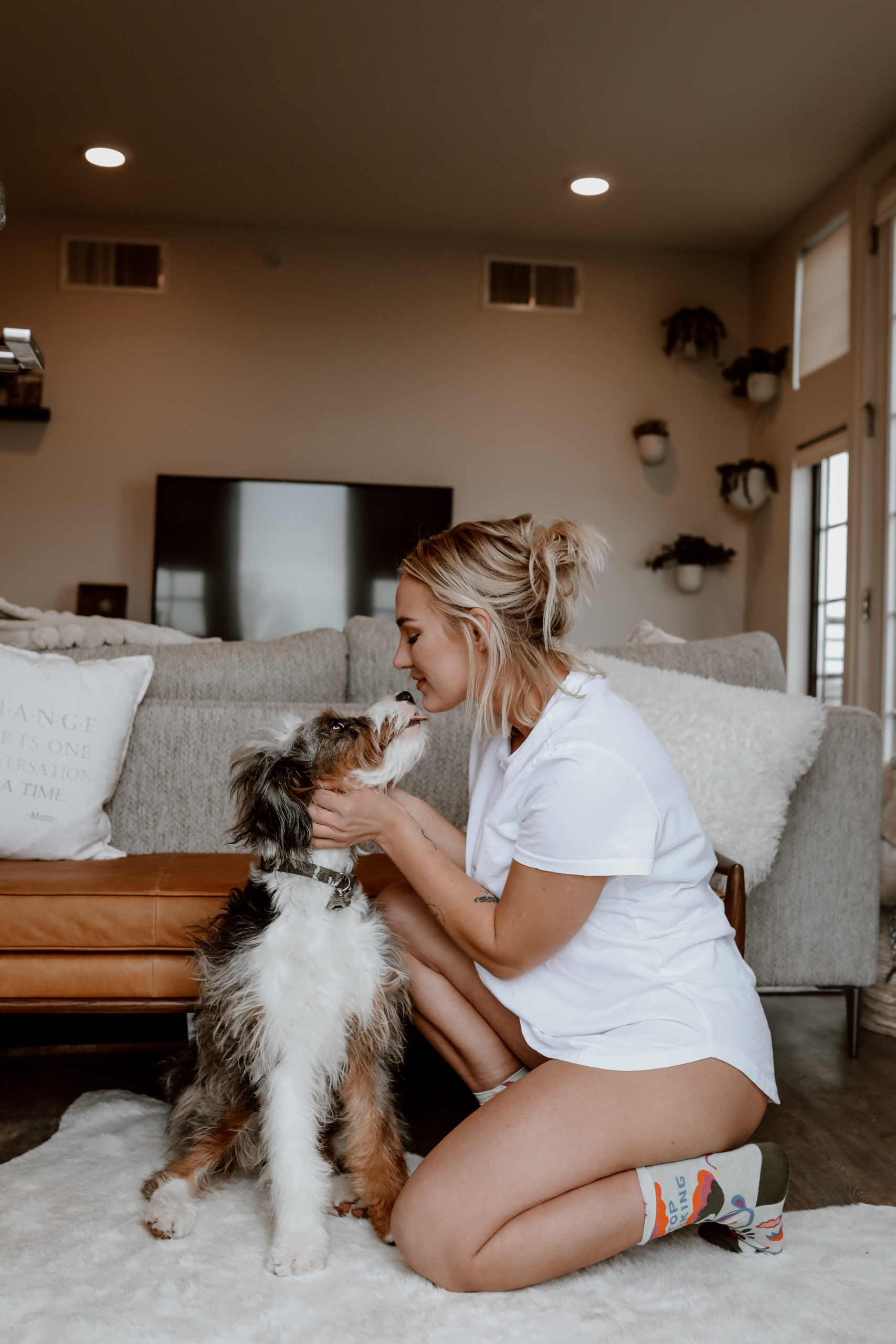This week, October 3 – October 9, 2021, is Mental Illness Awareness Week. A January 2021 study found that nearly 13% of the world’s population lives with a mental illness and with the pandemic, the number of diagnoses are only going to increase. So instead of ignoring the problem, let’s educate ourselves!
First, let’s start with the basics:
What is mental illness?
It seems like an obvious question but there’s so much to it. Mental illness can be defined in many ways and may mean something different to everyone. We can generally define it as emotional, behavioral or thought changes that have an effect ranging from no effect to severe effect with more variations in between. Mental illness can be manageable or incapacitating and cause problems in your everyday life.
Lesson number one: everyone lives with mental illness differently. Let’s dive into the points I want to leave you with today:

It can affect anyone, so break the stigma
From your 7-year-old niece to your 70-year-old grandfather, mental illness has no preference. Fortunately we’re living in a time where it’s encouraged to talk about mental health and how you’re feeling starting at a young age.
Nationwide Children’s Hospital is progressing this with their On Our Sleeves campaign to push discussion of mental illness for children under the age of 14 by providing every community in America the access to free resources, to help break the stigma around children’s mental health through educational means.
The best thing we can do is start treating mental illness as it is: normal and common. Ignoring the problem doesn’t make the problem go away, so let’s talk about it.
It’s not a weakness
Mental illness is genetic, environmental and NO ONE’S FAULT! Having a mental illness doesn’t make you weak or mean that you’re imperfect. You wouldn’t feel ashamed of yourself if you broke your arm, so why should you feel ashamed of any other medical condition?
You’re not alone
Like I just said, 13% of the entire world population lives with mental illness. That’s roughly 1 billion people who have an idea of how you feel and what you’re going through. I know how lonely mental illness can make you feel, but you have to realize you’re not alone. Finally understanding and accepting this brought me a lot of comfort in my mental health journey.

I found in-person and online support groups helped me learn I wasn’t alone. With the pandemic, I relied more on online discussion boards and blogs but a nationwide resource is National Alliance on Mental Illness (NAMI). Their program, NAMI Connection, is built around people living with mental illness and helping others by sharing coping strategies and experiences.
You may not be ready to talk about your mental illness which is completely fine. These resources will be here when you’re ready.
How to learn the signs and where to get help
Mental illness can be tricky because it’s not always obvious. Luckily, there are online seminars that teach the signs of mental illness and how to identify them. The Alcohol, Drug and Mental Health Board of Franklin County has dates available for their Mental Health First Aid classes. It’s a great opportunity to help yourself and those around you who may be living with mental illness but remember not to push others until they are ready!
Lastly, it’s important to talk to someone about how you’re feeling and get the help you deserve. I’ve used BetterHelp and it’s a great resource for those who don’t want or have time to go to a therapist’s or counselor’s office. They’re available 24/7 and want to see you live a happy and healthy life. They offer individual, couples and child therapy sessions all online. You deserve to feel as amazing as you are.

LEAVE A COMMENT